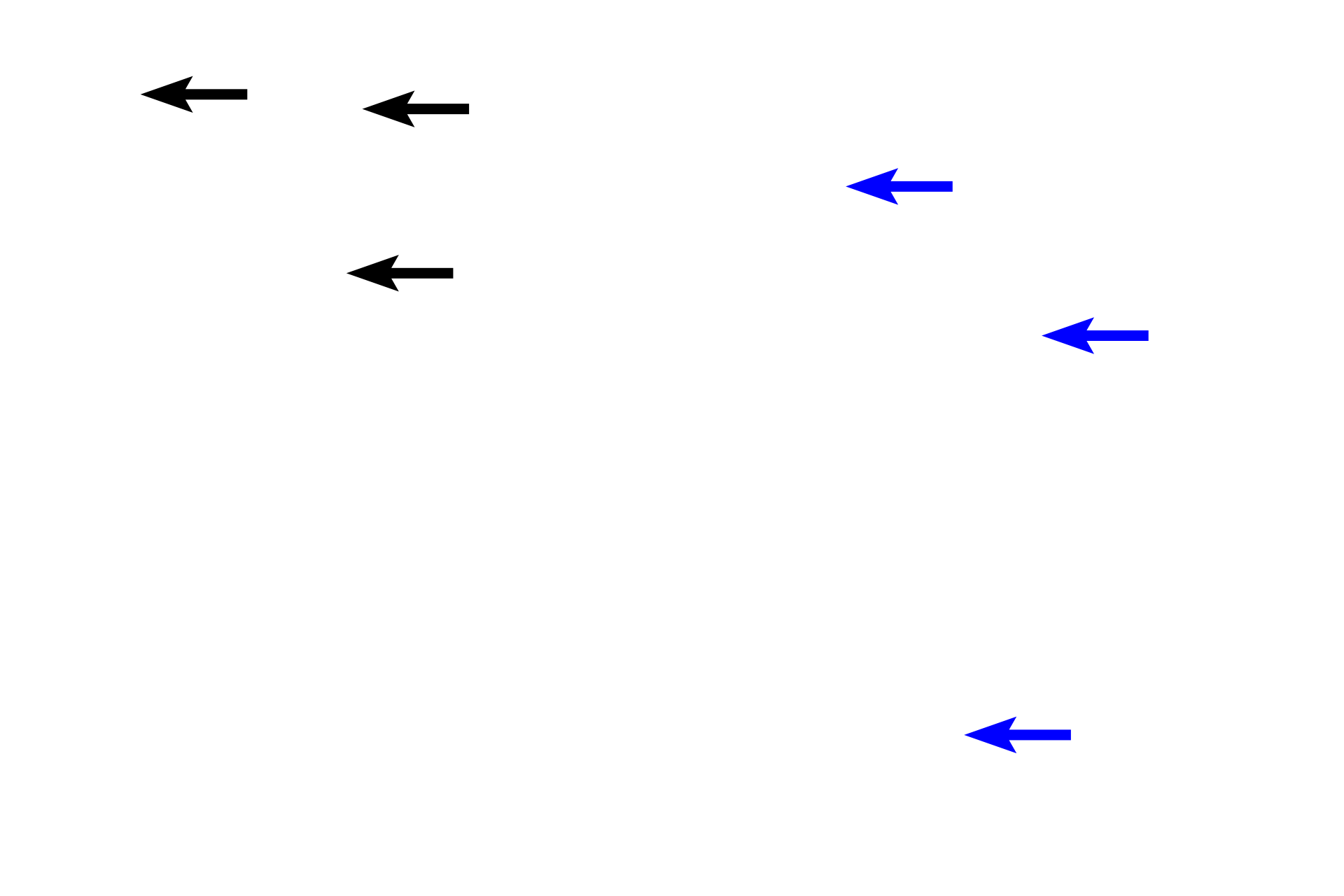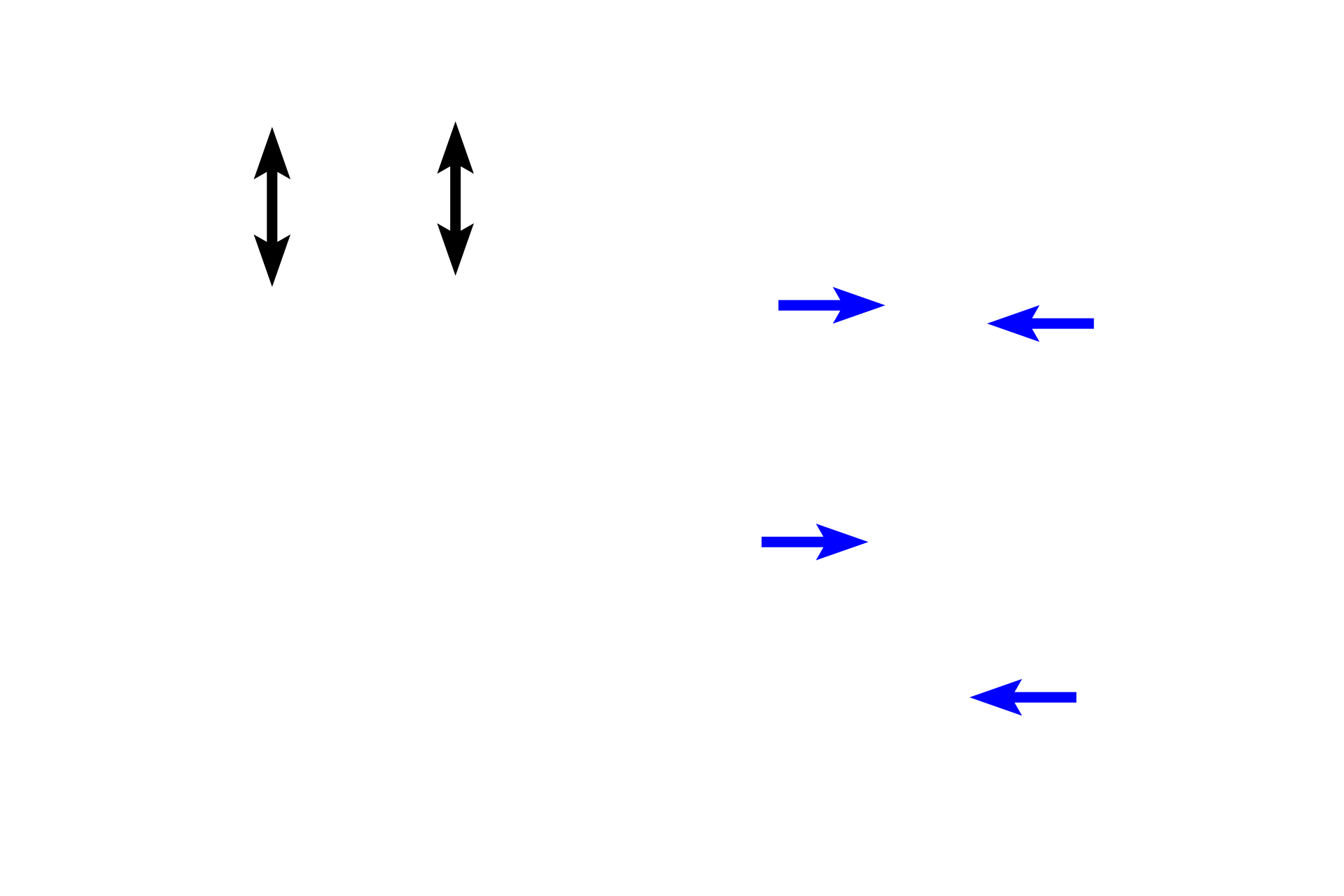
Overview: Gastric mucosa
In the gastric mucosa, the epithelium is modified to form a sheet gland. Gastric pits invaginate from this surface, and gastric glands extend from the base of the pits to the muscularis mucosae. The lamina propria is composed of loose connective tissue; a thick muscularis mucosae is visible. 10x, 100x

Mucosa
In the gastric mucosa, the epithelium is modified to form a sheet gland. Gastric pits invaginate from this surface, and gastric glands extend from the base of the pits to the muscularis mucosae. The lamina propria is composed of loose connective tissue; a thick muscularis mucosae is visible. 10x, 100x

- Sheet gland
In the gastric mucosa, the epithelium is modified to form a sheet gland. Gastric pits invaginate from this surface, and gastric glands extend from the base of the pits to the muscularis mucosae. The lamina propria is composed of loose connective tissue; a thick muscularis mucosae is visible. 10x, 100x

- Lamina propria
In the gastric mucosa, the epithelium is modified to form a sheet gland. Gastric pits invaginate from this surface, and gastric glands extend from the base of the pits to the muscularis mucosae. The lamina propria is composed of loose connective tissue; a thick muscularis mucosae is visible. 10x, 100x

- Muscularis mucosae
In the gastric mucosa, the epithelium is modified to form a sheet gland. Gastric pits invaginate from this surface, and gastric glands extend from the base of the pits to the muscularis mucosae. The lamina propria is composed of loose connective tissue; a thick muscularis mucosae is visible. 10x, 100x

- Gastric pits >
The three regions of the stomach can be distinguished by the ratio of the length of the gastric pits to the length of the gastric glands. In the cardiac region, pits and glands are roughly equal in length; in the body and fundic regions, the pits are much shorter than the glands; in the pyloric region, the pits are slightly longer than the glands.

- Gastric glands >
Gastric glands are classified as simple, branched tubular glands and consist of a variety of cell types, depending on the region of the stomach in which they are located. Two to seven glands empty into a single gastric pit.
 PREVIOUS
PREVIOUS